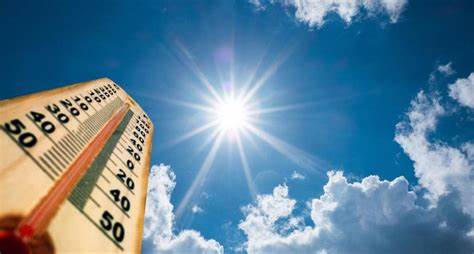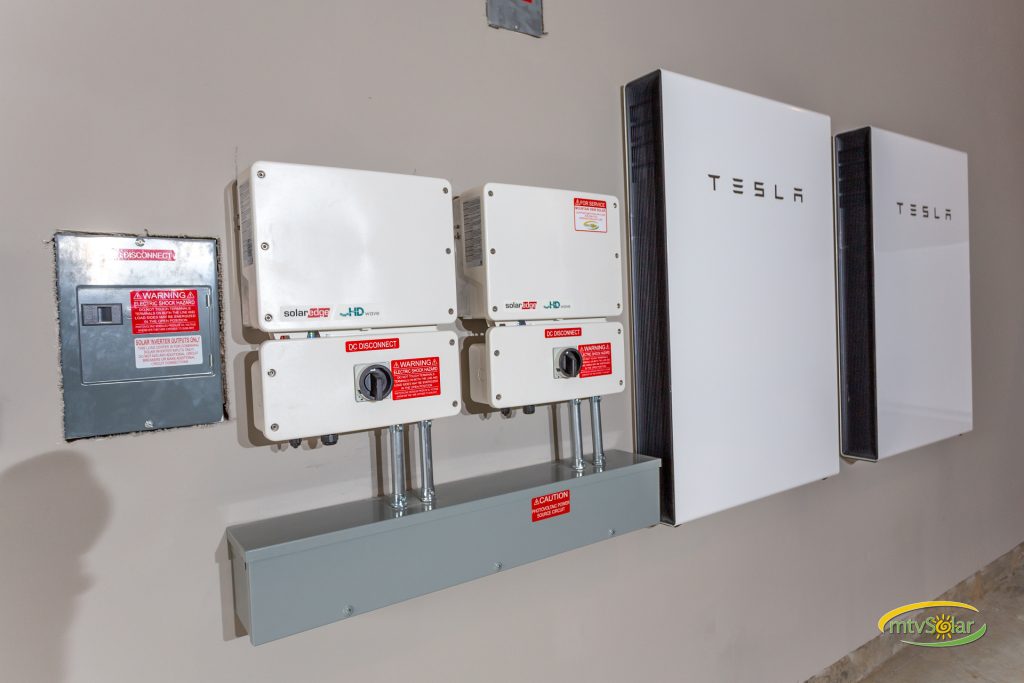Electric companies all over the country are taking stock of their ability to deliver power to customers and key infrastructure through and after severe weather events. Energy resilience — how electric providers can recover from events that disrupt the flow of electricity — is a natioal project and a local priority for our customers.

Summer heat and storms place a predictable strain on electric grids, and one that power companies plan for. Recent heat waves in Texas and across the south have highlighted the extreme energy demands when millions of customers need to cool off, all at the same time.
Potomac Edison, which serves customers in mtvSolar’s service region of western Maryland and West Virginia, says their crews are doing proactive inspections, maintenance and tree clearing to make sure power keeps flowing.
One thing that contributes to preserving the capacity of the power grid is for individual customers to manage their own energy use. Reducing demands for power at home helps the electric company and saves customers money. These steps can be as simple as unplugging appliances that aren’t used continuously and turning a thermostat up a degree or two.
Other tips:
- Use fans – moving air cools skin faster, resulting in greater comfort on hot days.
- During sunny weather, close drapes or blinds on windows facing the sun.
- Use a programmable or smart thermostat to keep temperatures higher when no one is home and reduce the temperature when people are coming home.
- Seal any leaks with caulk or weather stripping to prevent hot air from sneaking into your home.
- Check air conditioner and furnace fan filters. Clogged filters force HVAC systems to work harder than necessary.
- Avoid using heat-producing appliances during the hottest hours of the day.
Many of our solar customers choose to add battery storage to their solar generation systems to weather power outages when they do happen. Peak solar energy production of summer days can be captured and stored in a home battery system.

When power goes out, the battery system keeps the basics running — well pumps to supply water, refrigerators to keep food from spoiling, alarm and security systems to protect the home and even some home medical devices. These battery systems aren’t noisy and don’t require the fuel that generators do. New technology will soon let electric vehicles (EV) work as an onsite battery that can direct its energy back into the home during outages, too.
Just like major power companies, homeowners and businesses can and should plan how they will stay resilient when unplanned events shut the power off.


